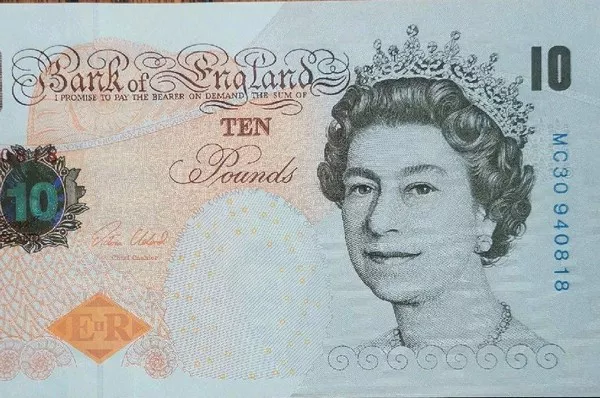In the complex realm of global finance, currencies play a pivotal role in facilitating international trade and investment. One such currency that holds a significant position in the world economy is the British Pound Sterling, abbreviated as GBP. In this article, we delve into the origins, significance, and historical journey of GBP, aiming to demystify the enigma behind this currency.
Origins and Historical Significance:
The British Pound Sterling, commonly known as the pound, has a rich history dating back to the 8th century. Its origins can be traced to the Anglo-Saxon period, where silver pennies were the primary currency. The term “pound” itself has roots in the Latin word “libra,” meaning a unit of weight.
The pound underwent various transformations over the centuries, and it wasn’t until 1489 during the reign of Henry VII that the pound was officially established as the standard unit of currency in England. Since then, the pound has evolved into one of the oldest currencies still in use today.
Symbolism and Abbreviation:
The symbol for the British Pound Sterling, £, is instantly recognizable, but its origin is not widely known. The symbol is derived from the letter “L,” representing the Latin word “libra.” This ancient symbol has endured through centuries, symbolizing the weight of precious metals that were historically used as currency.
The abbreviation “GBP” is a standardized code in the financial world, following the international currency code conventions established by the International Organization for Standardization (ISO). The code “GBP” is derived from “Great Britain Pound,” highlighting the geographical origin of the currency.
GBP in Modern Times:
In the contemporary financial landscape, the British Pound Sterling is a major global currency and is widely used for international transactions. As one of the world’s oldest currencies, the pound has maintained its prominence, and its stability has made it an attractive choice for investors and traders.
The pound’s value is determined by various economic factors, including inflation rates, interest rates, and economic stability. The Bank of England, the central bank of the United Kingdom, plays a crucial role in regulating and managing the currency, ensuring its stability and integrity.
Exchange Rates and Forex Trading:
Understanding GBP also involves exploring its exchange rates, which refer to the value of the pound relative to other currencies. Exchange rates fluctuate based on a multitude of factors, including economic indicators, geopolitical events, and market sentiment.
The foreign exchange (Forex) market is where currencies, including GBP, are traded. Forex trading involves the buying and selling of currencies with the aim of making a profit. The GBP’s position as one of the major currencies in the Forex market means that it is actively traded by investors and speculators worldwide.
GBP in International Trade:
The British Pound Sterling’s role extends beyond its use in domestic transactions. It is a key player in international trade, facilitating commerce between the United Kingdom and other nations. Many global transactions are denominated in pounds, especially in industries such as finance, manufacturing, and services.
The pound’s widespread use in international trade is a testament to the United Kingdom’s economic influence and its historical legacy. Its stability and acceptance make it a preferred choice for cross-border transactions and negotiations.
See Also: What Does Gbp Mean In Currency?A Closer Look
Challenges and Criticisms:
While the pound has maintained its status as a robust and reliable currency, it has not been immune to challenges and criticisms. Economic uncertainties, geopolitical events, and changes in government policies can impact the pound’s value and stability.
Moreover, the debate surrounding the United Kingdom’s decision to exit the European Union, commonly known as Brexit, introduced a new layer of complexity. The uncertainty surrounding the terms of the separation and its potential economic implications led to fluctuations in the pound’s value and increased volatility in the currency markets.
Conclusion:
In conclusion, the British Pound Sterling, represented by the symbol £ and the code GBP, is a currency deeply rooted in history and tradition. Its journey from the medieval period to the modern financial landscape reflects the dynamic nature of global economics. As a major player in international trade and finance, the pound’s stability and reliability continue to make it a cornerstone of the world economy. Understanding the significance of GBP is not just a matter of financial literacy but also a glimpse into the intricate tapestry of the global economic system.


